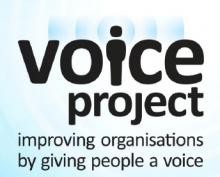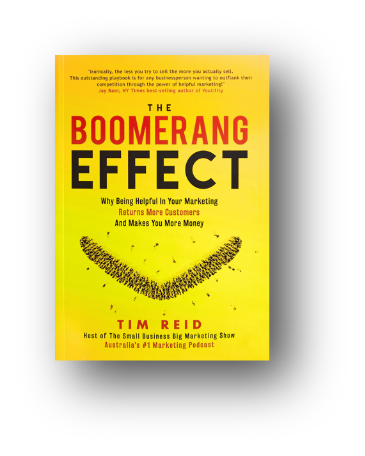Us small business owners have a lot of questions around domain names.
Plus there’s loads of misinformation out there.
So, I thought I’d put stop to that once and for all – so what I did was put a note out via the Small Business Big Marketing’s Facebook and LinkedIn, to find out what the main questions were around a domain name.
The response was fantastic.
I then tapped the font of all domain name knowledge on the shoulder – my show’s sponsor in Netregistry – to shed some light on this important aspect of your online marketing.
All up there are 13 domain questions – I’ll split them up in to three posts for ease of digestion. Here’s the first three:
1. Can .com.au domain name only be registered by Aussie nationals or can outsiders also register a .com.au or .net.au domain name?
A .com.au domain name is a country code Top Level Domain (ccTLD) and is restricted to be only used by individuals, organisations, or companies registered or/and residing in Australia.
All .au domain names are controlled and monitored by the Australian Domain Name Authority also known as auDA. When registering a .au domain name during the registration process you will be required to supply either an Australian Business Number (ABN), Australian Company Number (ACN), State Business Number, Trademark Number or Incorporated Assoc Number to prove eligibility.
2. I’m an Aussie business – do I just need the .com.au? What about the .com? .net.au? .info? The list is endless!
If you are a local Australian business then it is recommended and sufficient to register a .au domain name for a couple of reasons:
- due to the requirements needed to register a domain name people would put more trust in a .au domain
- search engines tend to prioritise a .au domain name over other extensions when placing rank (this is only if you do a search and you are located in Australia)
As for .com and .net domains, these are known as generic Top Level Domains (gTLD’s). Usually if your targeting globally you should register a .com.
It is usually recommended to register both the .com and .com.au extensions and redirect the .com to the .com.au, even if its purely to avoid your competitor having the same domain name as you. Our recommendations to most small businesses is to protect their domain name (brand online) by purchasing all the popular domain extensions available, this includes .com, .com.au, .net and .net.au.
Each domain extension has a specific meaning and they should be used accordingly. A list of domain extensions and its meaning can be found here on wikipedia.
3. What’s all that other stuff that they ask you to buy when purchasing a domain name?
Registering a domain name is like registering an ABN for your company name. When you register a domain name, you need to also buy Web Hosting, this is the space that will house your website and make it available on the internet, it’s like renting a space for your shop front. Without web hosting your domain name is just wasted space, an empty shopfront. You will then need to get a website designed and built to showcase your business, essentially the stock for your shop. Your website is essentially your brand online and this is what potential customers will interact with when they go to your domain name.
For those concerned about privacy, if you have registered a gTLD such as a .com or .net, then you have the option of hiding your registration details from the public accessible WHOIS database. This database is the national database that keeps a record of all .com and .net domain registrations and the registrant details. Services like Netregistry’s Domain Privacy will replace your personal details with Netregistry details.






